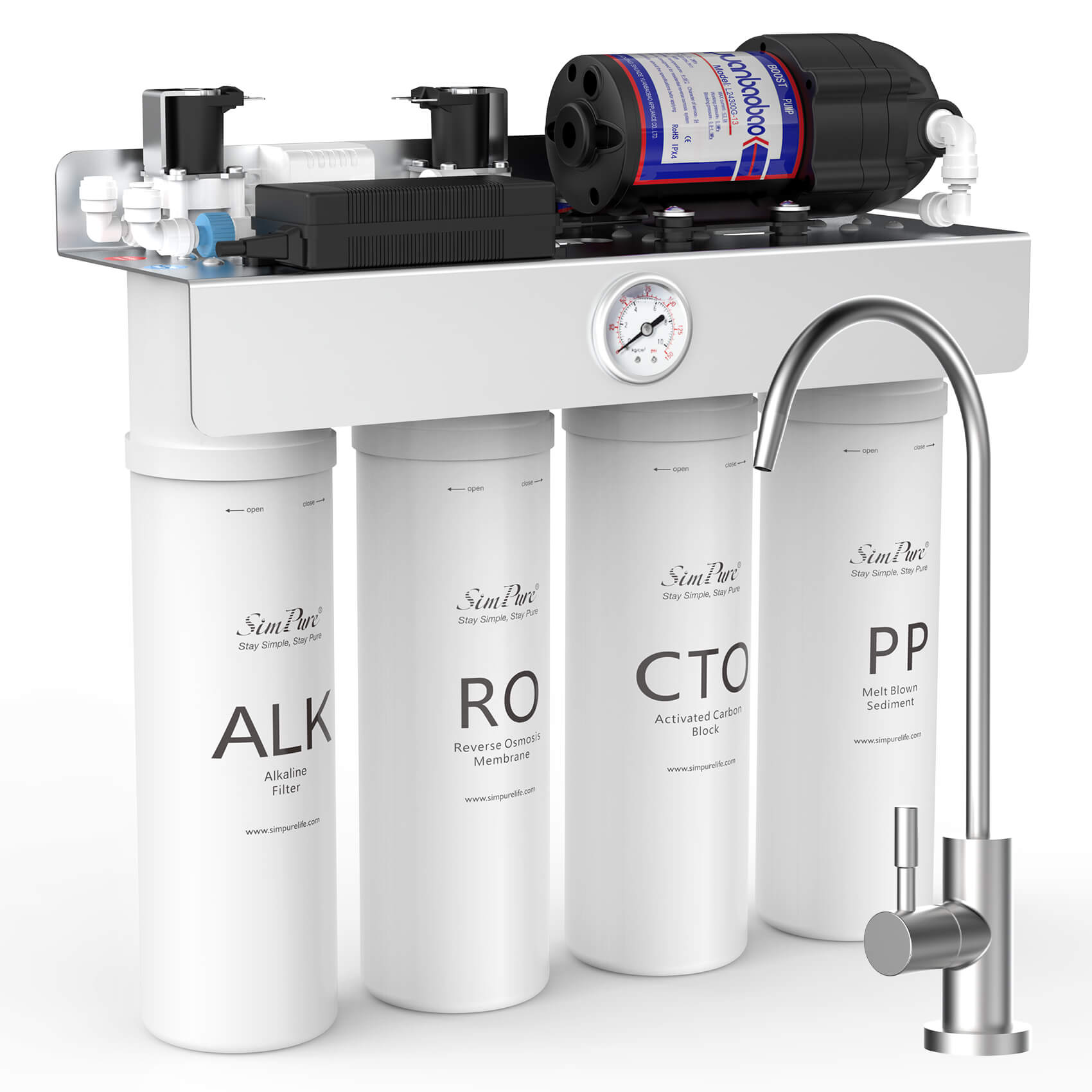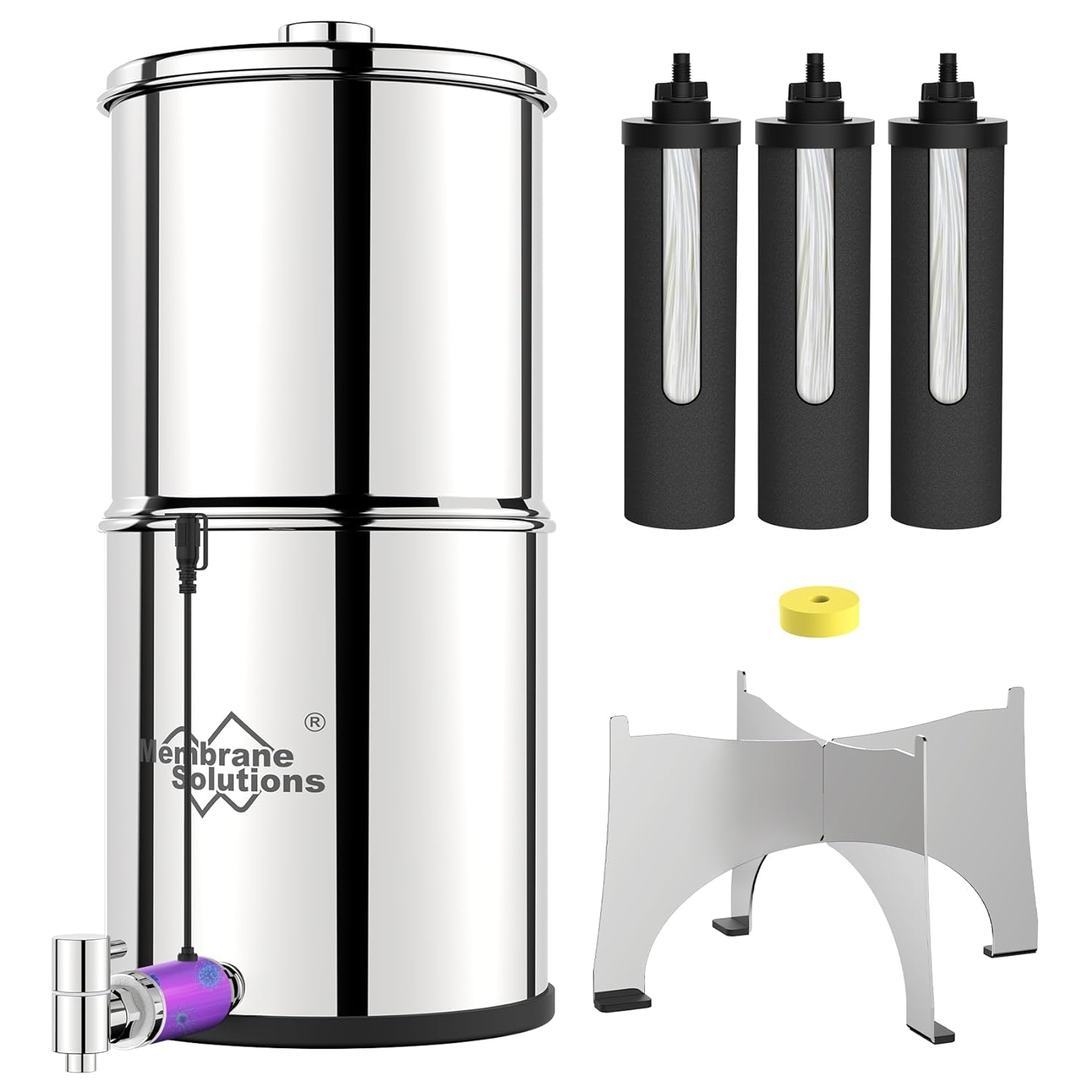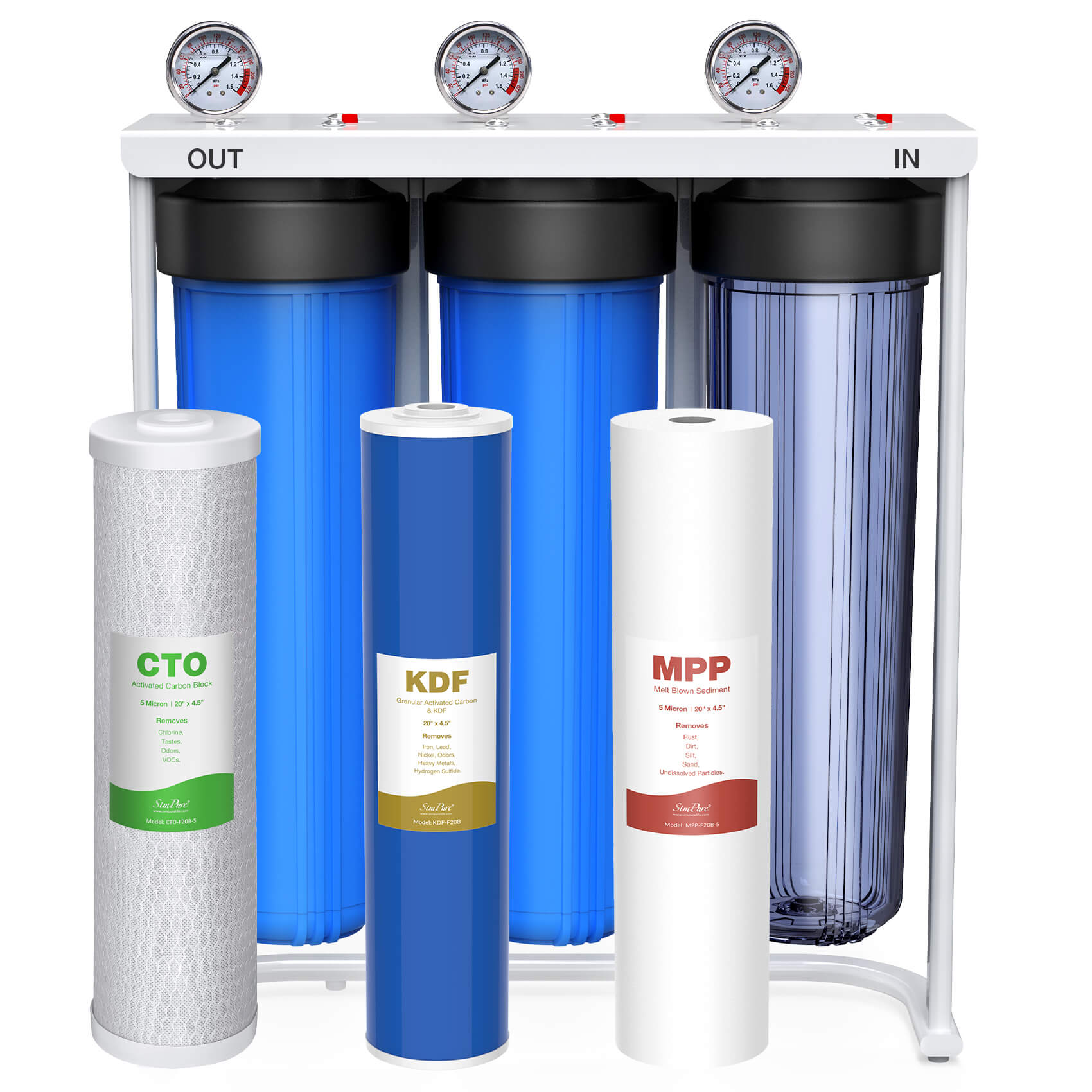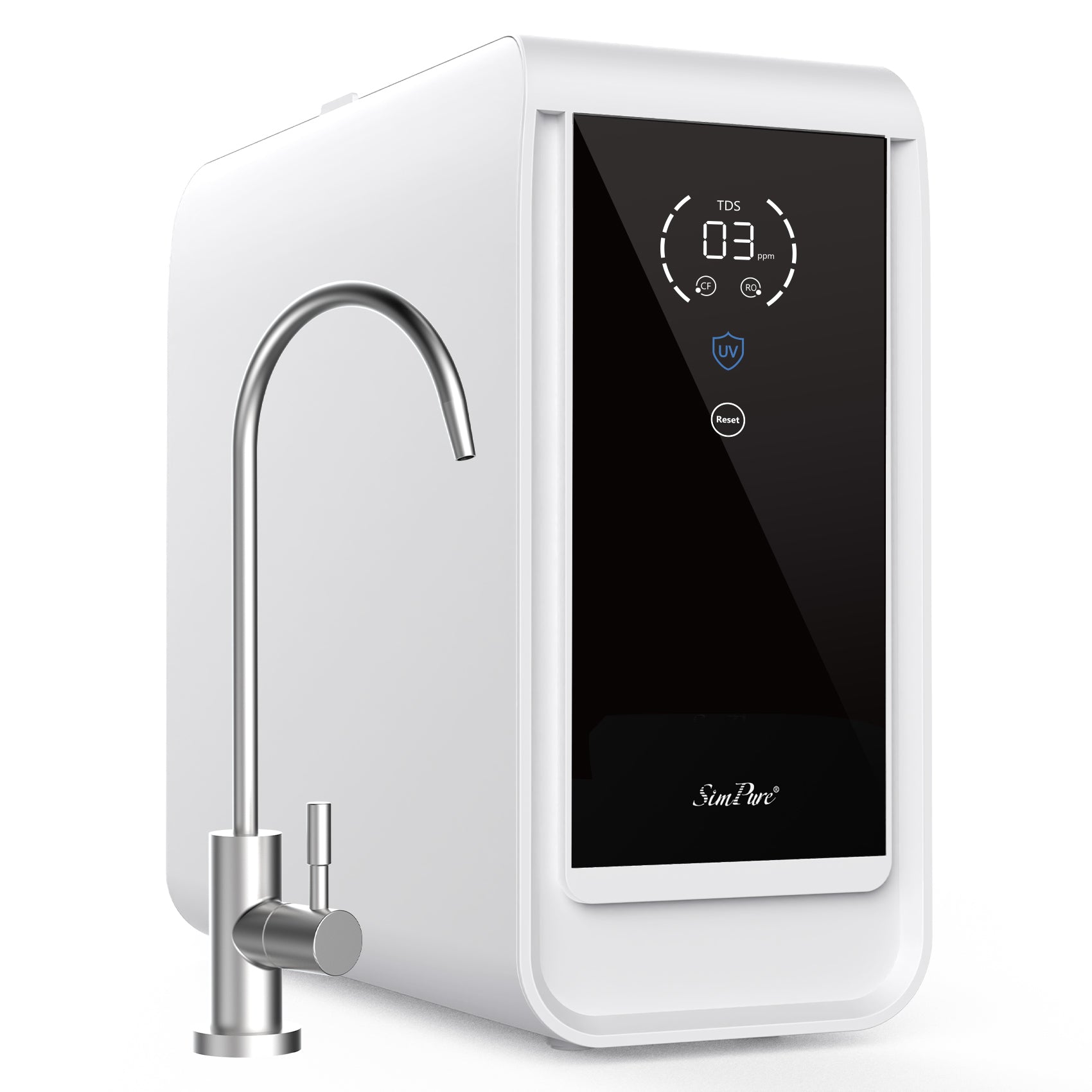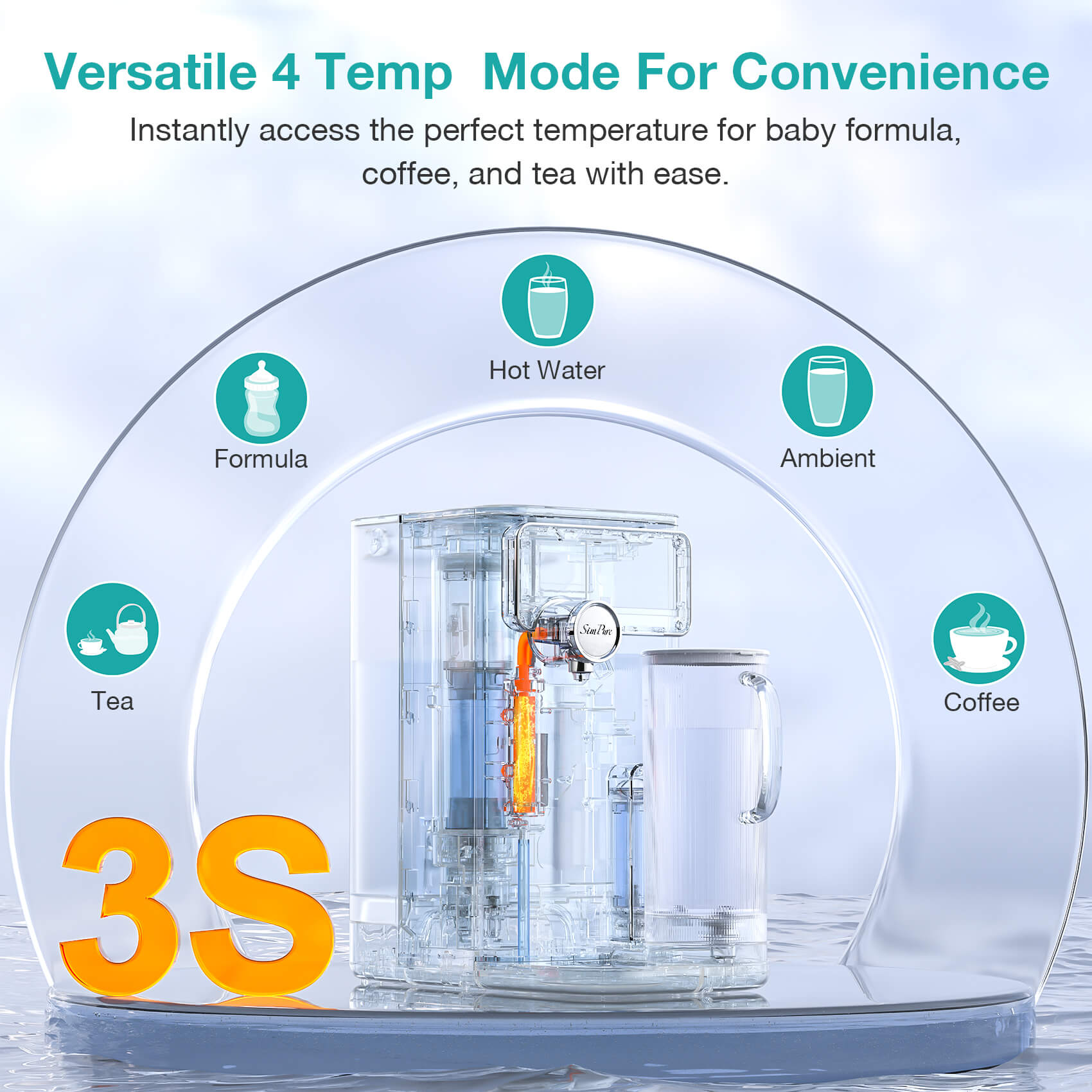Have you ever wondered if it's illegal to collect rainwater? While it may seem like a simple question, the answer is actually more complicated than you might think. In this article, we will explore the topic of rainwater collection in depth, covering everything from why it's illegal in some places to the states where it is prohibited or allowed. In addition, we will also provide you with the answers to the top 10 states that are frequently asked about whether it is illegal to collect rainwater.
Notes: Please note that this post is not intended to be legal advice. It is important to conduct your own due diligence to ensure that you comply with all federal, state, and local codes and regulations.
Background Info on Rain Water Collection
Water collection, also known as rainwater harvesting, is the process of collecting and storing rainwater for later use. This practice has been used for centuries in many parts of the world where water scarcity is a significant issue. Rainwater can be collected from rooftops, gutters, and other surfaces, and then filtered and stored in tanks or cisterns.
In addition to being a sustainable source of water, rainwater collection can have numerous benefits. It can reduce demand on municipal water supplies, which is particularly important in areas with limited water resources or where water is expensive. It can also help to reduce stormwater runoff and erosion, and can provide a source of water for landscaping and agriculture. However, the legality of rainwater collection varies depending on location, and in some places, it is strictly regulated or even prohibited.
Is It Illegal to Collect Rainwater?---The Legality of Rainwater Collection

So is it against the law to collect rainwater? The legality of rainwater collection depends on various factors, including state and federal laws, as well as local regulations. While rainwater is a natural resource, it is often subject to legal restrictions due to concerns about water rights, public health, and the environment. Here we will explore the states where it is illegal to collect rainwater and states where is it legal to collect rainwater and common reasons why is it illegal to collect rainwater.
1. States Where It Is Illegal to Collect Rainwater
What states is it illegal to collect rainwater? After our comprehensive searches, we have found these following states where is it illegal to collect rainwater.
Arkansas: To collect rainwater in Arkansas, homeowners must comply with the guidelines outlined in Arkansas code § 17-38-201. These guidelines stipulate that the water collected cannot be potable, and the installation of the system must be performed by a licensed plumber in compliance with plumbing codes. Moreover, appropriate cross-connection safeguards must be included in the design of the system.
Colorado: In Colorado, rainwater collection is strictly regulated, and homeowners are required to obtain a permit before installing a rainwater collection system. The amount of water that can be collected is also limited.
Utah: In Utah, rainwater collection is legal but subject to certain restrictions. For example, rainwater can only be collected from a rooftop, and the maximum storage capacity is limited to 2,500 gallons.
Nevada: Until 2017, collecting rainwater in Nevada was considered illegal. Nonetheless, with the passing of Bill Number 138, it's now possible to collect non-potable rainwater for domestic use. Although there are limitations to its usage, SB74 brought about changes that include the exemption of proving the "use it or lose it" doctrine for small-scale rainwater systems, as well as broadening the range of permitted applications for the water.
Kansas: Although it is not prohibited to collect rainwater in Kansas, if you intend to use the water for purposes other than domestic ones, you may have to seek permission by applying for a permit.
Oregon: Rainwater collection is legal, often requiring a permit and restricting homeowners to outdoor systems (such as through rooftop collection).
California: In California, rainwater harvesting is subject to state regulations, and in some cases, it is prohibited altogether. Homeowners are required to obtain a permit before installing a rainwater collection system, and the amount of water that can be collected is limited.
Florida: Florida law permits the collection of rainwater, but there are limitations that must be considered. For instance, homeowners are only authorized to collect rainwater for non-potable functions, such as landscaping or irrigation.
Georgia: Only outdoor usage is permitted for rainwater in Georgia, which is strictly regulated by the Department of Natural Resources.
Idaho: In Idaho, it is acceptable for property owners to gather and make use of rainwater on their premises, on the condition that it does not return to the natural water systems.
A few more states where rainwater collection is either illegal or restricted
Illinois: In Illinois, rainwater collection is illegal without a permit. The state requires permits for anyone who wants to construct, operate, or modify a water well or a water collection system, which includes rainwater collection.
Ohio: In Ohio, rainwater collection is legal but subject to certain restrictions. Homeowners can only collect rainwater for non-potable uses such as irrigation and landscaping, and the system must be designed to prevent contamination.
North Carolina: In North Carolina, rainwater collection is legal but subject to certain restrictions. Homeowners can only collect rainwater for non-potable uses such as irrigation and landscaping, and the system must be designed to prevent contamination.
So Why Is It Illegal to Collect Rainwater? -4 Common Reasons
1. Water rights: In some states, water is considered a public resource, and individuals or businesses must obtain a permit or pay fees to use it. Collecting rainwater could be seen as taking water that belongs to others.
2. Public health: Untreated rainwater can contain contaminants from the air, roof materials, or other sources, which can pose a risk to human health if consumed.
3. Environmental concerns: Rainwater harvesting can alter the natural flow of water and affect ecosystems. Collecting too much water could also lead to depletion of local groundwater reserves.
4. Infrastructure concerns: In areas with limited water resources, municipalities may rely on stormwater runoff to recharge aquifers or replenish water supplies. Collecting too much rainwater could disrupt this process and impact water infrastructure.
2. States Where Is It Legal to Collect Rainwater
Texas: In Texas, rainwater collection is legal, and homeowners can collect rainwater without a permit. The state even offers tax incentives and rebates to homeowners who install rainwater harvesting systems.
Arizona: In Arizona, rainwater collection is legal, and homeowners can collect rainwater for any purpose without a permit.
New Mexico: In New Mexico, rainwater collection is legal, and homeowners can collect rainwater for any purpose without a permit.
Virginia: In Virginia, rainwater collection is legal, and homeowners can collect rainwater without a permit. However, some local regulations may apply.
Maryland: In Maryland, rainwater collection is legal, and homeowners can collect rainwater without a permit. However, some local regulations may apply.
Montana: In Montana, rainwater collection is legal, and homeowners can collect rainwater for any purpose without a permit.
Washington: In Washington, rainwater collection is legal, and homeowners can collect rainwater without a permit. However, the maximum storage capacity is limited to 5,000 gallons.
Top 10 States Frequently Asked of Is It Illegal to Collect Rainwater
Now that we've covered which states allow or prohibit rainwater collection, let's take a closer look at the top 10 states where the question-Is it illegal to collect rainwater is frequently asked.
1. Is it illegal to collect rainwater in Indiana?
In Indiana, it is legal to collect rainwater, but with some restrictions. Homeowners can collect rainwater for personal use without a permit, but they must obtain a permit for any commercial or industrial use.
2. Is it illegal to collect rainwater in Tennessee?
In Tennessee, rainwater collection is legal for non-potable uses, such as irrigation or landscaping, without a permit.
3. Is it illegal to collect rainwater in Georgia?
In Georgia, rainwater collection is legal for non-potable uses, such as irrigation or landscaping, without a permit.
4. Is it illegal to collect rainwater in NC?
In North Carolina, it is legal to harvest rainwater but with certain regulations. The Department of Environment and Natural Resources is required to provide statewide outreach and technical assistance on water efficiency matters, including developing best management practices for water reuse, harvesting, and greywater use.
5. Is it illegal to collect rainwater in Arkansas?
In Arkansas, rainwater collection is legal for both potable and non-potable uses without a permit.
6. Is it legal to collect rainwater in PA?
In Pennsylvania, rainwater collection is legal, but regulations vary depending on the size of the system and the intended use of the collected rainwater.
7. Is it legal to collect rainwater in Oklahoma?
In Oklahoma, rainwater collection is legal, but regulations vary depending on the size of the system and the intended use of the collected rainwater. Homeowners collecting less than 25,000 gallons of rainwater for non-potable use generally do not need a permit, while larger systems or potable uses may require a permit.
8. Is it illegal to collect rainwater in Maine?
In Maine, rainwater collection is legal for both potable and non-potable uses without a permit, as long as the collection is from the roof of a building owned by the person collecting the rainwater.
9. Is it legal to collect rainwater in Kansas?
In Kansas, rainwater collection is legal for both potable and non-potable uses without a permit, but there are some restrictions. If the intended use is anything other than domestic purposes, a permit may be necessary from the Department of Agriculture.
10. Is it illegal to collect rainwater in SC?
In South Carolina, rainwater collection is legal for both potable and non-potable uses without a permit.
In conclusion, the legality of rainwater collection varies greatly depending on location and can be subject to strict regulations due to concerns about water rights, public health, and the environment. As such, it is important for individuals interested in rainwater collection to research and understand the laws and regulations in their area before pursuing this practice. If you're considering collecting rainwater for drinking purposes, it's important to be aware of the potential risks associated with consuming untreated water. We highly recommend that you read our previous blog post Can You Drink Rain Water to learn more about the safety and suitability of rainwater for drinking.




